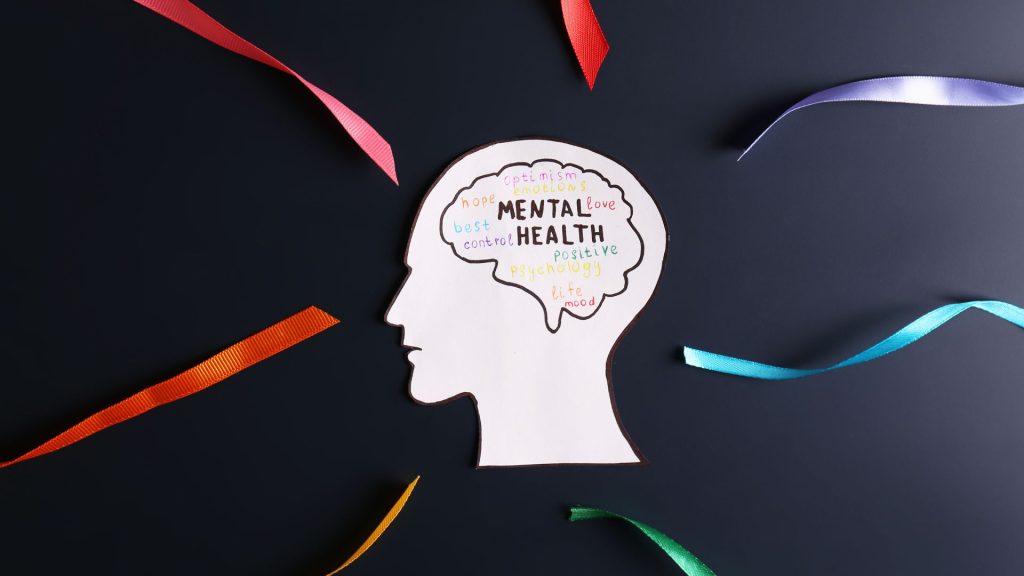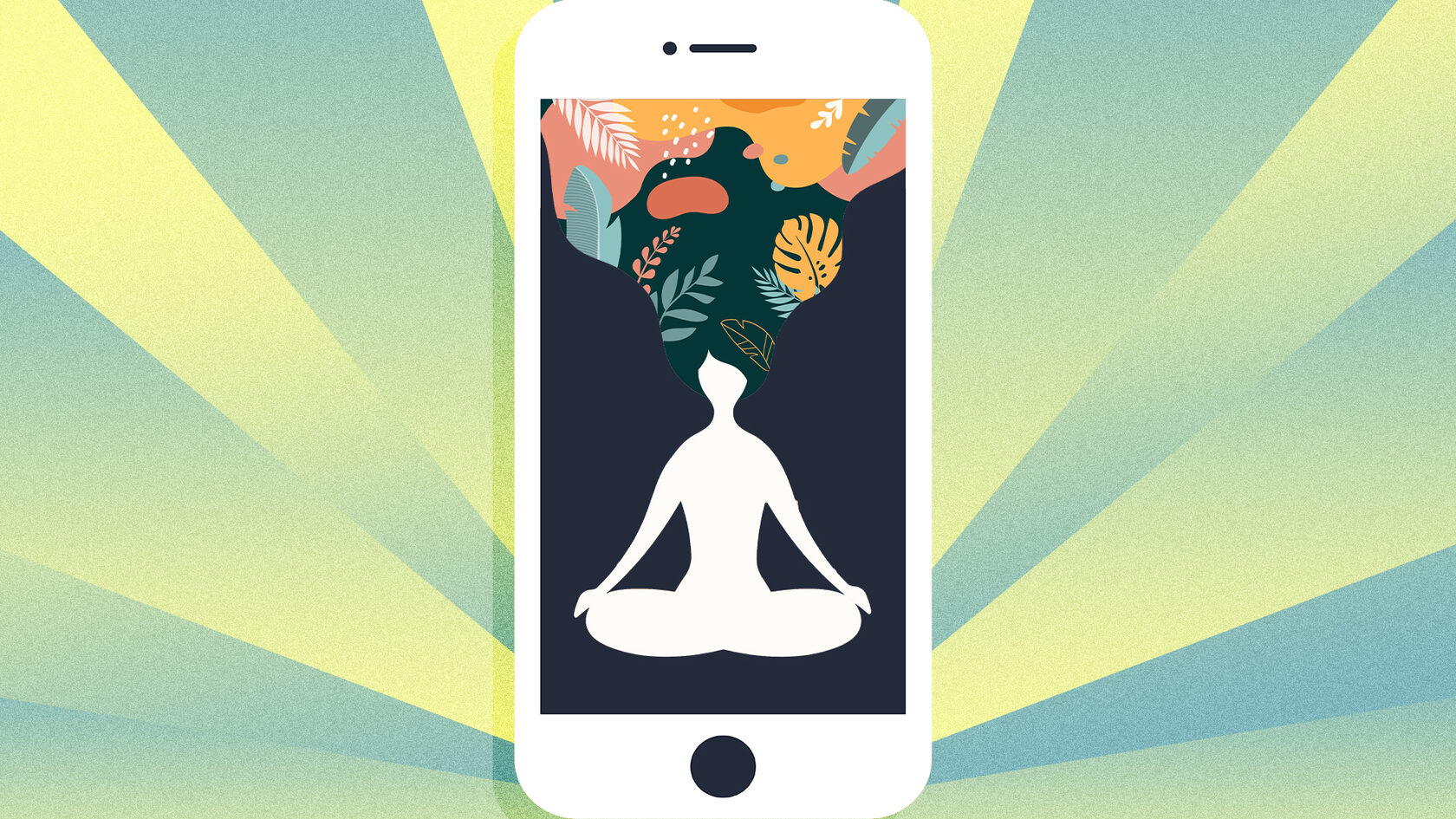Mental Health Apps and Online Therapy: Revolutionizing Access to Care

In recent times, there has been a significant rise in mental health awareness, resulting in a growing need for accessible and affordable psychological support. Technology has become essential in contemporary healthcare, with mental health apps and online therapy platforms emerging as effective solutions to meet this increasing demand for convenient and cost-effective mental health assistance. These developments are dismantling obstacles to care, providing individuals with innovative methods to take charge of their mental wellness, and transforming the landscape of mental health services.
The Growing Need for Mental Health Support
Mental health issues are increasing around the world. The World Health Organization (WHO) reports that nearly 1 in 8 individuals globally struggle with a mental health condition. Factors like the COVID-19 pandemic, economic uncertainty, and social isolation have worsened feelings of stress, anxiety, and depression. Many people face barriers to accessing mental health care, including high costs, long wait times, and societal stigma. This is where mental health apps and online therapy play a crucial role. By utilizing technology, these resources offer essential support to those who may not otherwise receive it.
What Are Mental Health Apps and Online Therapy?
Mental health applications are digital tools available on smartphones or the web that assist users in managing their mental well-being. They include a variety of features such as:
- Mood tracking: Users can record their feelings and recognize trends over time.
- Guided meditation and mindfulness: Apps like Calm and Headspace offer techniques for relaxation and stress management.
- Cognitive Behavioral Therapy (CBT) exercises: Platforms such as Woebot and Sanvello utilize CBT methods to help users shift negative thought patterns.
- Crisis support: Some applications link users to hotlines or resources for emergency help.
- Peer support: Services like 7 Cups provide anonymous chat rooms for users to discuss their experiences.
In contrast, online therapy consists of virtual sessions with certified therapists via video calls, phone conversations, or messaging. Platforms such as BetterHelp, Talkspace, and Amwell have enhanced accessibility to therapy by removing the necessity for in-person appointments.

Benefits of Mental Health Apps and Online Therapy
- Accessibility: Online therapy and applications are accessible around the clock, allowing individuals to seek assistance whenever it suits them. These resources are especially advantageous for those in rural or underserved regions where mental health services might be scarce.
- Affordability: Numerous apps provide free or inexpensive alternatives, and online therapy tends to be more budget-friendly compared to conventional face-to-face sessions.
- Anonymity and Reduced Stigma: Digital platforms offer a degree of privacy that can motivate individuals to seek assistance without the worry of being judged.
- Personalization: Apps use algorithms and user data to tailor recommendations and interventions to individual needs.
- Convenience: Users can access support from the comfort of their homes, eliminating the need for travel or time off work.
Challenges and Limitations
While mental health apps and online therapy offer many advantages, they are not without challenges:
- Quality and Regulation: The mental health app market is largely unregulated, raising concerns about quality and effectiveness. Users should look for apps developed with expert guidance and backed by scientific evidence.
- Privacy Concerns: Sharing sensitive mental health information online can pose privacy risks. It’s crucial to use platforms that comply with data protection laws like HIPAA or GDPR.
- Limited Human Interaction: Apps can be helpful, but they can’t replace the deep connection and personalized support from a licensed therapist.
- Not Suitable for Severe Conditions: Digital tools are most effective for addressing mild to moderate mental health concerns. Those experiencing severe issues may need to seek in-person treatment.
The Future of Digital Mental Health
AI and machine learning are enhancing mental health apps, with chatbots providing immediate support and wearables tracking health data for better wellness. Additionally, as regulations surrounding telehealth progress, online therapy is expected to gain greater acceptance and become more integrated into conventional healthcare systems.

Tips for Choosing the Right Mental Health App or Online Therapy Platform
- Research the Credentials: Make sure the app or platform is created by reputable organizations and has the backing of mental health experts.
- Read Reviews: Seek user input to assess the app’s effectiveness and user-friendliness.
- Check for Privacy Policies: Make sure the platform prioritizes data security and confidentiality.
- Consider Your Needs: Select a tool that corresponds with your particular mental health objectives, whether you’re seeking to manage stress, alleviate anxiety, or engage in therapy.
- Consult a Professional: If you’re unsure where to start, consult a healthcare provider for recommendations.
Conclusion
Mental health apps and online therapy have significantly changed how people pursue psychological support. Digital healthcare platforms are essential for providing mental wellness support to those without access to traditional therapy. It is important for users to choose trustworthy platforms and to seek professional assistance when required. The integration of technology and mental health services is enhancing the accessibility and affordability of psychological support.